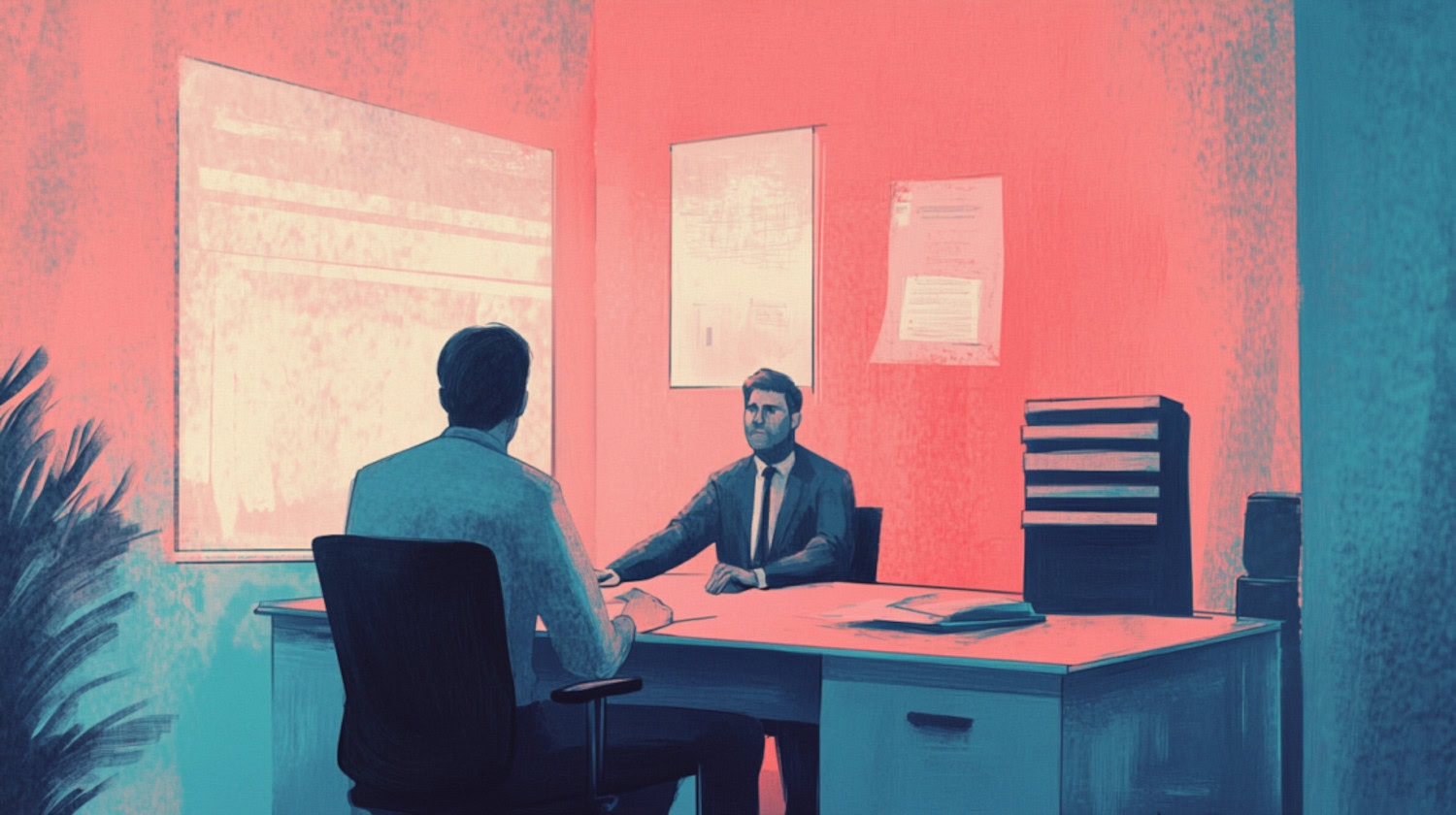In This Article
- Can I Be Denied an Apartment Because I'm a Patient?
- Can I Be Evicted Because I'm a Patient?
- Can My Landlord Raise My Rent or Hold My Security Deposit for Using Cannabis?
- Is Growing Cannabis as a Renter Legal?
- What Other Challenges Might Patients Face When Renting?
- Are There Legal Protections for Patients When Renting?
- Tips for Renting as a Cannabis Patient
- 1. Know the Law
- 2. Be Discreet About Use
- 3. Document Everything
- 4. Stay Respectful with Neighbors
Key Takeaways
- Medical cannabis patients can be denied or evicted from a rental over cannabis use, even if state law permits consumption inside.
- Some states have anti-discrimination protections for patients. Know your rights and the risks.
- If you must smoke in your rental, consider using odor control methods and communicating openly and respectfully with landlords and neighbors.
Renting as a medical cannabis patient can be frustrating, even risky. While legalization has removed some criminal concerns, tenant protections still lag behind. In certain cases, patients have to stay discreet and cautious. Until renters can legally consume in peace, they should know their rights, at home or elsewhere.
Can I Be Denied an Apartment Because I'm a Patient?
In many cases, yes, particularly in states without anti-discrimination protections for medical cannabis patients. The major issue centers on federal law, where cannabis remains illegal as a Schedule I substance. With federal laws in place, landlords in most states can prohibit consumption, going so far as to reject medical cannabis applicants from signing a lease.
Keep in mind that the rules vary by state. For example, California, New York, and Minnesota prohibit housing discrimination based on medical use. Renters should check their state laws for specifics.
And for those wondering if they have to tell a potential landlord about their status, that will be a personal choice. Legally, no one is required to divulge their patient or consumption status. In most cases, landlords aren’t typically allowed to ask unless cannabis use impacts the property or neighbors.
Can I Be Evicted Because I'm a Patient?

Yes, you can be evicted for medical cannabis use. Unless a state explicitly protects cannabis patients, housing discrimination and lease terminations can take place. Even with rules in place, a tenant may be evicted if their use:
- Violates a lease clause (like no-smoking policies).
- Causes property damage.
- Generates complaints from the neighbor.
While many odorless options are available, smoking dry flower and/or making edibles may cause tenants to become subject to eviction. As such, tenants may want to consider a smokeless, odorless option to avoid such an outcome.
Can My Landlord Raise My Rent or Hold My Security Deposit for Using Cannabis?
No and yes. Rent can’t be raised due to cannabis consumption of any kind. However, a security deposit may be held if the landlord determines that the unit or building was damaged by a renter’s cannabis use. Such damages may include damaged or discolored walls, persistent aromas, and/or fire.
Some of these risks can be mitigated. An air purifier or a sploof may keep the smells in check. Discolored walls are typically cigarette-related, but regular house cleaning should do the job.
When using fire, always follow safe consumption practices. Aim torches properly, monitor the stove when making edibles, and never leave any open flames unattended or fall asleep while it’s lit.
Is Growing Cannabis as a Renter Legal?
Yes, but in most states, it’s up to the landlord. If a state allows home cultivation of any kind, renters will likely need to seek the approval of their landlord before being legally permitted to grow cannabis.
Before starting a grow:
- Check how many plants you're legally allowed to grow.
- Review your lease.
- If you’re comfortable disclosing your patient status, talk to your landlord.
What Other Challenges Might Patients Face When Renting?

When renting as a cannabis patient, navigating stigma from landlords or neighbors can be challenging. Despite the progress made, outdated perceptions still mean some view medical cannabis use on the same level as illicit drug use.
Having a medical cannabis card itself does not appear on standard background checks. However, a cannabis-related criminal charge likely will. Renters should be prepared to address this issue before submitting rental applications.
Are There Legal Protections for Patients When Renting?
Yes, some legal protections exist for medical cannabis consumers and renters. However, these protections vary by state.
Currently, few have any such protections. According to the Network for Public Health Law, only a few states offer housing protections for medical cannabis patients. For example, Rhode Island and Arizona both prohibit landlords from penalizing registered patients, unless a patient’s cannabis use can be linked to safety issues or property damage.
Renters should check with their local housing attorney for clear information. Or, consult the Marijuana Policy Project’s summary of patient protections for additional information.
Still searching for answers? Contact your legal aid groups, tenant unions, or a nearby cannabis law clinic.
Tips for Renting as a Cannabis Patient

1. Know the Law
It’s always a good idea to be familiar with laws on the state, local, and national levels. In this case, renters should know the laws and rights around cannabis and renting. With the rules varying by state, it’s especially important that renters know what is and isn’t permitted.
2. Be Discreet About Use
While it shouldn’t be the case in 2025, discretion is still sometimes the best policy. Keeping quiet or subtle about cannabis use can reduce neighbor complaints and friction with landlords. For any patient looking to enjoy cannabis without a disturbance, consider one or more of the following ideas:
- Use odor control tools like sploofs or air filters.
- Opt for odorless options, like edibles, tinctures, or vaporizers.
- Avoid growing unless permitted by the landlord and local laws.
3. Document Everything
Even if a renter’s cannabis use is permitted in their lease, they should still consider documenting their patient status and use schedules to some degree. Having this information can quickly confirm a renter’s legal status as a patient, and provide proof that they aren’t (or are) the cause of any aromas.
4. Stay Respectful with Neighbors
Neighborly disputes are never ideal, whether cannabis is involved or otherwise. If medical cannabis use becomes an issue, renters should consider one or more of the following:
- Apologize for any inconvenience.
- Reassure them of legal patient status and/or the permissions granted by the building.
- Make reasonable efforts to reduce smell or visibility.
Being polite and proactive often mitigates larger issues that could form. If the issue appears to be growing out of control, renters should speak with their landlord, building manager, and/or legal representative, depending on the severity of the situation.
The information in this article and any included images or charts are for educational purposes only. This information is neither a substitute for, nor does it replace, professional legal advice or medical advice, diagnosis, or treatment. If you have any concerns or questions about laws, regulations, or your health, you should always consult with an attorney, physician or other licensed professional.




